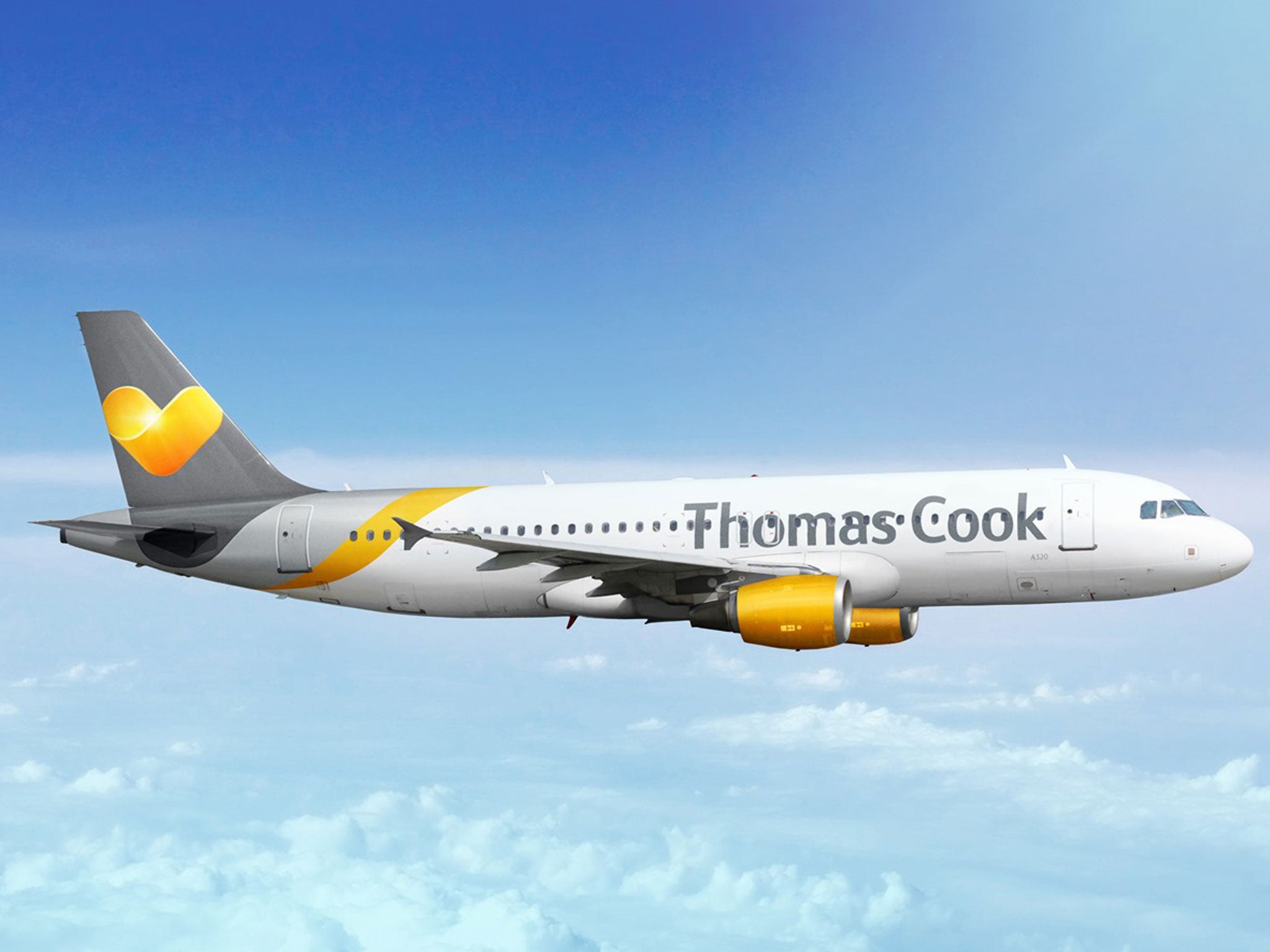UK holidaymakers stay home after Brexit, terror attacks and surprise summer heatwave
The outlook is not looking good for Europe's two largest tour operators

Britain is enjoying a rare summer heatwave, a boon for sellers of sandals, but not for companies trying to persuade holidaymakers to head overseas.
Thomas Cook and TUI, Europe's two biggest travel operators, can add sunshine to a list of woes that includes Brexit and last weekend's failed coup in Turkey.
This is after terrorist attacks in France and Belgium have already prompted travelers to delay holiday plans. The companies' shares have fallen, and the risks are too great to say they'll be able to soon recover.
Even before Britain voted to leave the EU, the signs were worrying. Thomas Cook said in May that bookings this summer were down 5 per cent. Since then, the pound is about 9 per cent lower against the euro, making foreign holidays costlier for Britons.
TUI said a week after the referendum that it had sold 70 per cent of the overseas holidays arranged for British buyers. That still leaves 30 per cent unsold, and the environment is worsening.
Turkey's a particular concern. Though Thomas Cook and TUI were already reducing exposure there, demand for Turkish holidays fell significantly in May. The country still accounts for about 14 per cent of each company's capacity.
It will take a while for the impact of recent events to filter through into hard data on tour operators. Investors may though get some idea when Thomas Cook publishes second quarter earnings next week, with TUI following in August. But early signs don't bode well.
According to a Morgan Stanley survey of British consumers last week, 6 per cent fewer were planning an overseas holiday this summer. Almost one in three adults were still undecided as to whether to vacation abroad.
And while Britain's grey skies often prompt a rush of bookings to sunnier climes, particularly as the school year ends, warm weather could see families opting for “staycations”.
That's bad news for bookings in the peak summer months from July to September, which are crucial to profit as companies lose money the rest of the year, according to Morgan Stanley.
Little wonder then that TUI shares have fallen 21.5 per cent this year. Thomas Cook is down 47 per cent, among the worst-performing non-financial companies on the Stoxx 600 index.
Shares of rival European tour operators Saga and Kuoni haven't been hit nearly as hard, with their price to earnings ratios at a premium.
That's because Saga obtains 55 per cent of its sales from financial services, primarily insurance. Shares in Kuoni, meanwhile, were supported by its pending acquisition by Swiss private equity group EQT.
The sell-offs might look harsh to some. TUI's geographic reach gives it more options. It has net cash and pays a healthy dividend, unlike Thomas Cook. But the British company is supported by billionaire Guo Guangchang.
He holds 8.1 per cent of shares, and could lift this further in a long-term bet on the company's joint venture with his company, Fosun, and access to the growing Chinese leisure market. Both companies have the option to cut costs and capacity.
Business news: In pictures
Show all 13But in the short term, the risks are severe. Consumer spending is likely to drift away from non-essentials, and a slumping pound makes foreign trips even less appealing.
In recent years, extra income in Britons' pockets has been finding its way into leisure activities rather than spending sprees in shops. That could reverse.
For now, tour operators' prospects look quite a bit darker than the weather.
© Bloomberg
Subscribe to Independent Premium to bookmark this article
Want to bookmark your favourite articles and stories to read or reference later? Start your Independent Premium subscription today.

Join our commenting forum
Join thought-provoking conversations, follow other Independent readers and see their replies